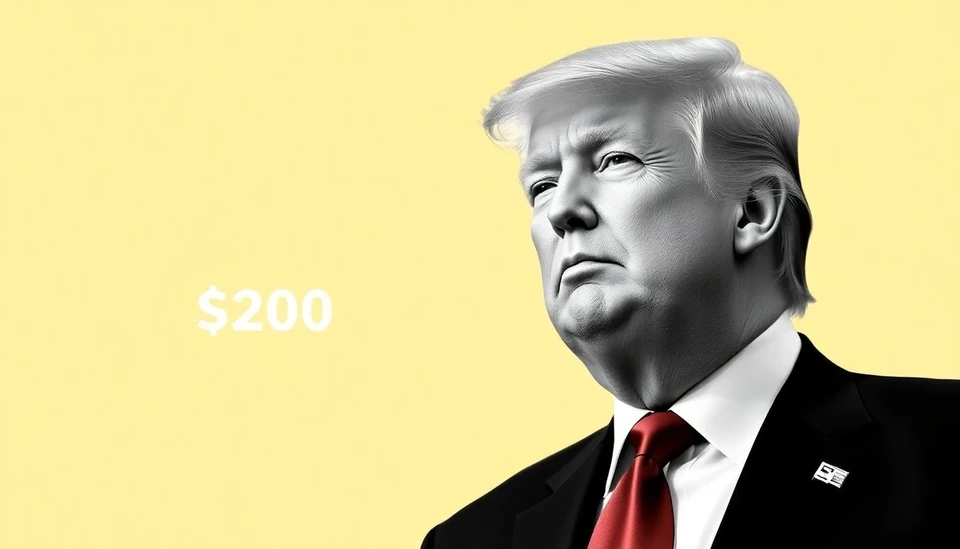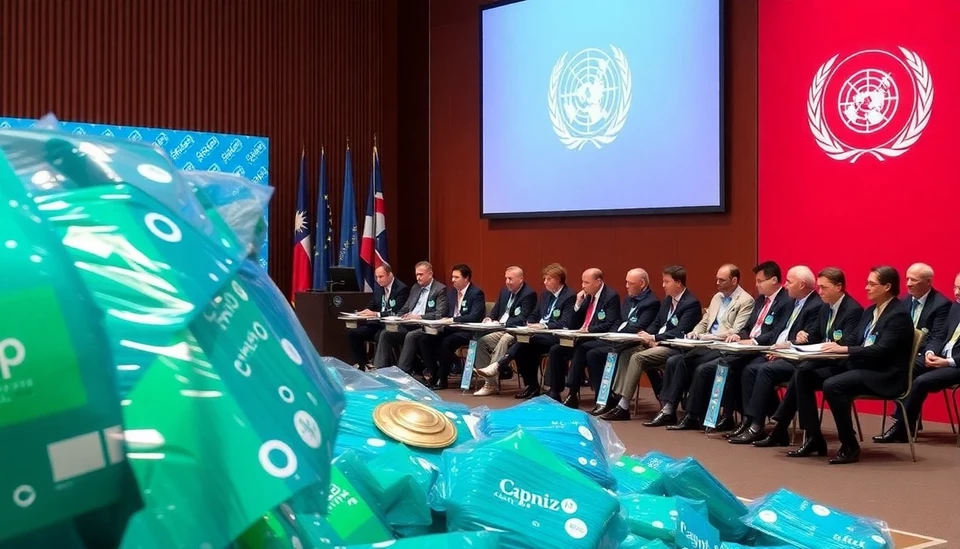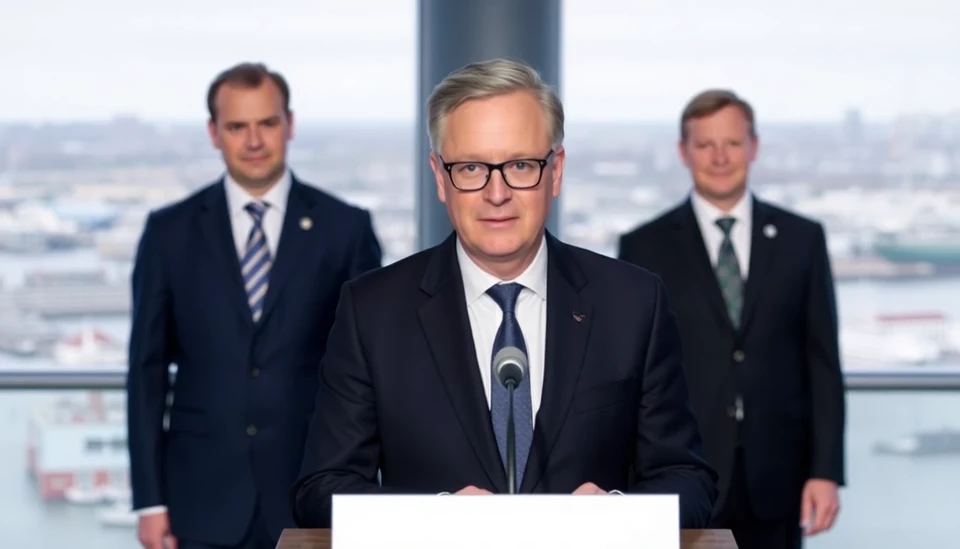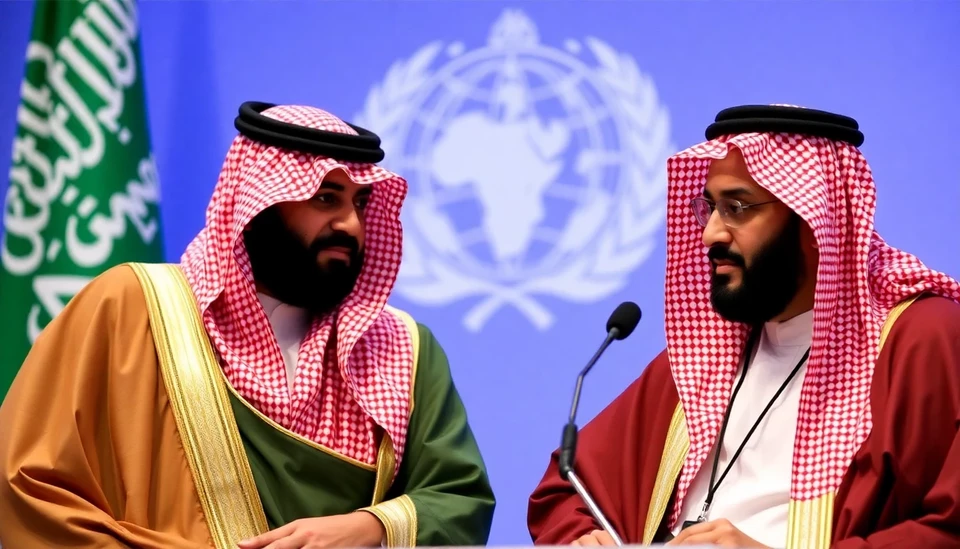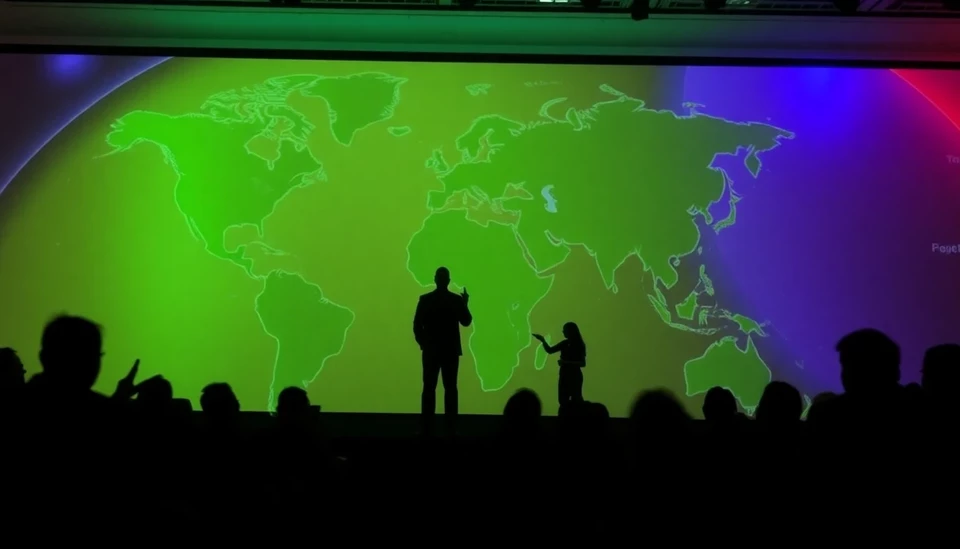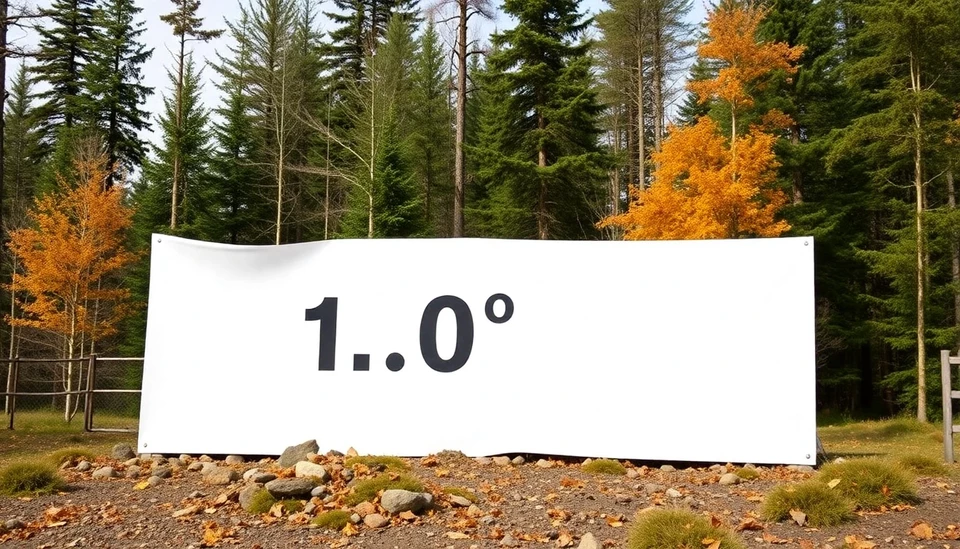
As the global community approaches COP29, the stakes for climate negotiations have never been higher. Following a series of alarming reports and scientific assessments, there is a growing consensus that the targets crucial for curbing global warming—specifically the pivotal 1.5°C benchmark—are unlikely to be met. This realization poses profound questions for future international climate agreements and cooperative efforts.
Recent analyses indicate that current trajectories could lead to an average global temperature rise of up to 2.4°C by the end of the century. This situation profoundly challenges the foundational goals set out in the Paris Agreement, highlighting that the collective commitment from nations to limit warming to well below 2°C, preferably to 1.5°C, may be fading into an unachievable ambition.
As COP29 gears up for discussions in Dubai, questions surrounding the credibility and effectiveness of climate negotiations loom large. Delegates from various nations and sectors are facing an uphill battle as they seek to secure commitments needed to reverse the trend of rising temperatures. Environmental advocates argue that without serious, measurable changes in policy and behavior, COP discussions risk becoming mere symbolic gestures rather than genuine solutions.
The impacts of surpassing the 1.5°C threshold could be catastrophic, particularly for vulnerable nations and communities already grappling with the effects of climate change, such as sea-level rise, extreme weather events, and food insecurity. This potential reality is weighing heavily on the minds of negotiators and activists alike, who recognize the dire moral and ethical implications of inaction.
Leaders have started to articulate a new narrative around climate negotiations, suggesting that a shift in strategy is necessary. This includes a stronger emphasis on finance, technology transfer, and adaptation measures, particularly for developing countries that contribute little to global emissions yet bear the brunt of climate impacts. The landscape of climate financing is shifting, with many nations calling for clearer frameworks to ensure that commitments translate into tangible support for those most in need.
As momentum builds towards COP29, the enthusiasm for climate action must be matched with accountability. Nations will be scrutinized not only for pledges made but also for the follow-through on initiatives that aim to reduce carbon emissions significantly. There is an urgent need for transparency in commitments and actions taken at both national and international levels.
In addition to financial support, advocates are pushing for an increase in technology access, with calls for proactive measures to close the gap between developed and developing countries. The conversation is evolving, focusing not simply on pledging emissions reductions but on actionable strategies that unite diverse stakeholders in a common goal of sustainability and resilience.
Looking ahead, COP29 serves as a vital platform not just for discussions but for reinvigorating commitments towards a sustainable future. The impending challenges faced by the environment could generate a catalyst for a global movement toward a more robust and equitable climate framework, aimed at fostering collaboration across borders and sectors.
As the final deliberations unfold, the world watches closely. The ramifications of failure to meet the 1.5°C target extend far beyond political and economic considerations; they are fundamentally tied to the health of our planet and our future as a species. Whether COP29 will mark a turning point in climate negotiations or another missed opportunity remains to be seen.
In conclusion, urgent and ambitious steps must be taken to reverse the course we are on. COP29 is not just another summit—it's a pivotal moment in the fight against climate change. The future of our planet depends on the decisions made in the coming weeks.
#COP29 #ClimateAction #GlobalWarming #Sustainability #ParisAgreement #1.5C #ClimateCrisis #ClimateNegotiations #EnvironmentalJustice
Author: Sophie Bennett
